Being a student of history is an experience that manifests itself in different phases.
First comes awe; it underpins the fascination of learning about all these peoples and civilizations, cities and nations, realms and empires, cultures and ideas, conflicts and dilemmas, and all the conceivable things that existed before us.
Second comes horror; it is the sinking sensation that this so-called civilized human being, of the very same cloth you interact with every day, has committed crimes and atrocities beyond count.
Third comes contemplation; you begin to connect dots, understanding the origins of every culture, how they interacted with and complemented one another, and where they went wrong.
Last comes realization, and the hardest lesson of all; History repeats itself.
Perhaps it speaks to the stubborn oaf in every human that even with the benefit of hindsight, we’ve yet to evolve past the savages we oh-so-readily admonish in pages of history. “How could they have been so blind?” We amusingly ask, forgetting our folly in the face of era-defining cultural moments. “How could they have been so cruel to another member of their own species?” We self-righteously ponder, not even realizing the bitter pang of our rancid tribalism. “How could they not see this bigger threat?” We declare tentatively, perhaps finally beginning to see that we — yes, we as in me, as in you and I — may be afflicted with the same sense of deafening ignorance and confusion that blinded so many people across so many time periods.
They say history repeats itself. Perhaps it’s because some fundamental human qualities can’t be shaken off, not entirely at least. Perhaps we know, deep inside, that ideals are just an existential opioid against the enveloping darkness of pragmatism. Perhaps it’s an altogether different phenomenon, to be poured over and scrutinized at length in the future, and by people more equipped for the task, no less.
The reason matters not so much as you might assume. It’s the inevitability of the result, the certain knowledge that we’re doomed to repeat past travesties, that leads many a young person to the pit of despair.
Because more often than not, we progress in appearance only. We abolish slavery, sell the illusion of freedom to the masses, and exploit the fruits of their endeavor all the same under a different guise. We overthrow kings and tyrants, strip them of silken robes and golden crowns, and in their stead place men of means and influence, men of fashionable ties and pressed suits. We break bonds of iron and steel, yet bind people just as tightly with contracts, due dates, and the next paycheck. We give speeches about freedom and democracy for all, but then bring the full weight of our human cruelty to bear on the guilty and the innocent alike, carving a river of blood in the path to realizing our unhinged ambitions.
The modern human might wake up feeling stressed, but they are conscientiously at ease. They fall for the orderliness and cleanliness of it all. The facade of civilization, the apparatus of gentleness. They deem barbarism a thing of the past, even if the daily inclination of their brethren screams otherwise. For the modern human, the horrors of war are a thing to entertain their baser needs in works of art. They’ve grown accustomed to violence and death, but only when it is portrayed through the lens of a film camera or the pixels of a game engine. They look at accounts of history and shake their head in disbelief, little realizing that just a few hundred miles away, well-documented and on display for everyone to see, the same acts of abject cruelty are being inflicted without discrimination.
Such is the extent of our collective ignorance that even with so many ways to document events and extricate data, we’re just as clueless as the people who came before us. And more startling still is our surprise — our genuine, wholesome surprise — when we inadvertently create monsters.
This is essentially the concept I’ve been building towards in this blog post. There are many names for this phenomenon. Call it the cycle of violence. Call it the rise of the oppressed. The result should be all too familiar by now, for until “every drop of blood drawn with the lash” is not “paid by another drawn with the sword,” humanity shall know no peace.
The monsters we create in history spill the blood price of those we subjugate, and of those whose oppression we turn a blind eye to. One murder leads to another, and another, and another, until the blood price is so high that nothing short of an act of indiscriminate vengeance, fueled by the hatreds of many, can wash it away.
History is repeating in front of our eyes, folks, and that has made me think almost non-stop about this quote, this haunting libretto, on a protagonist we all know, adore, and hate in equal measure. And I’ve been thinking of the desolation wrought by his madness upon the world.
Those seeking hands, yearning for something, are stained with sunset,
And those rushing feet, heading somewhere, ground people to dust.
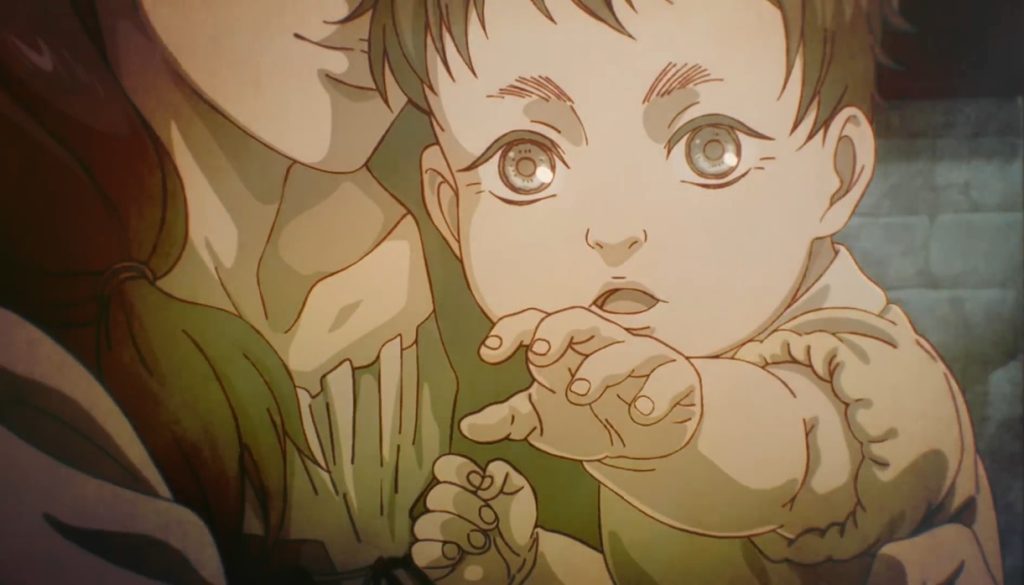
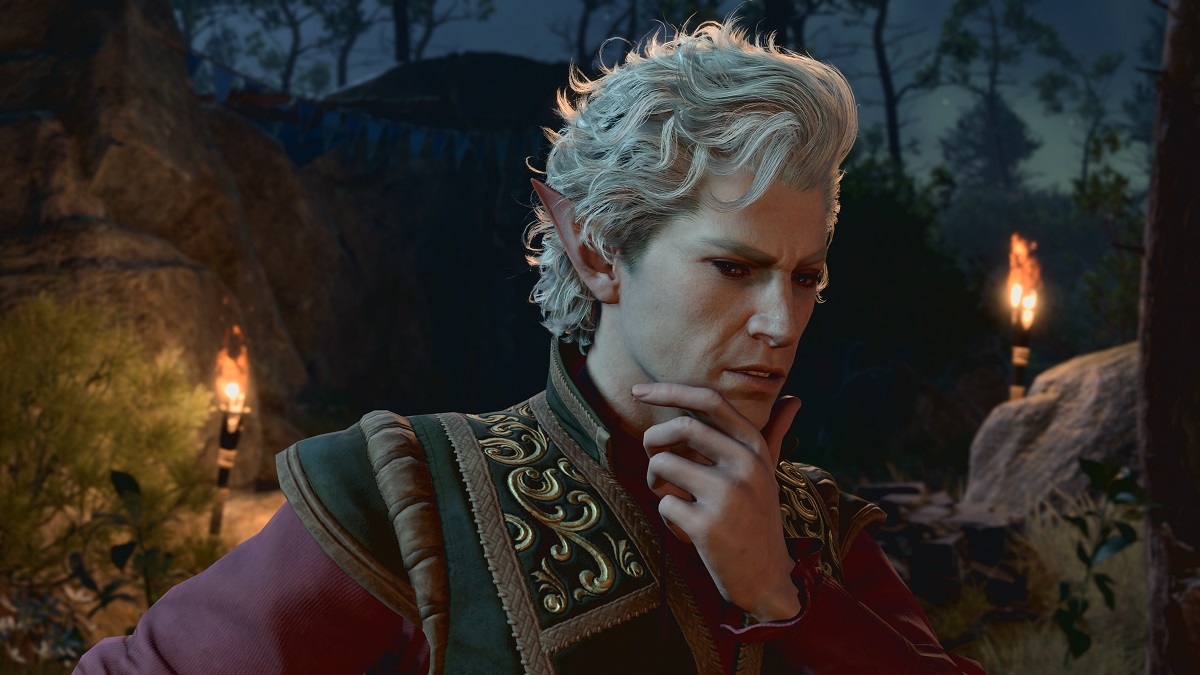
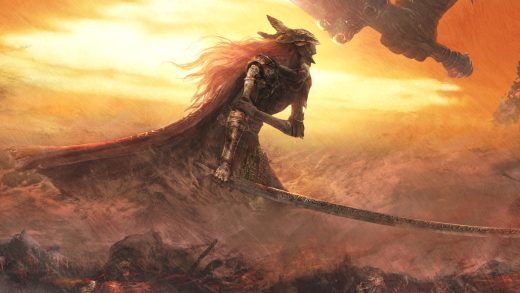
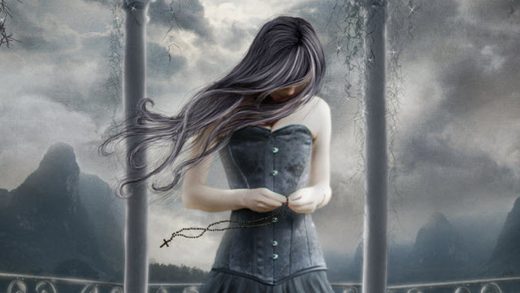
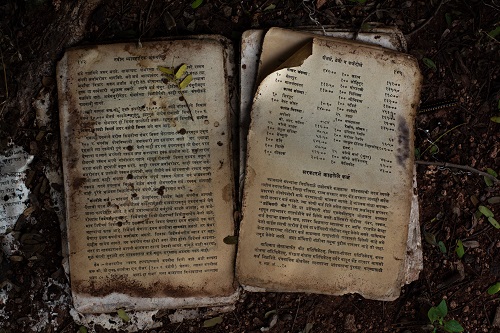

“Ecclesiastes 1:9: What has been will be again, what has been done will be done again; there is nothing new under the sun.”